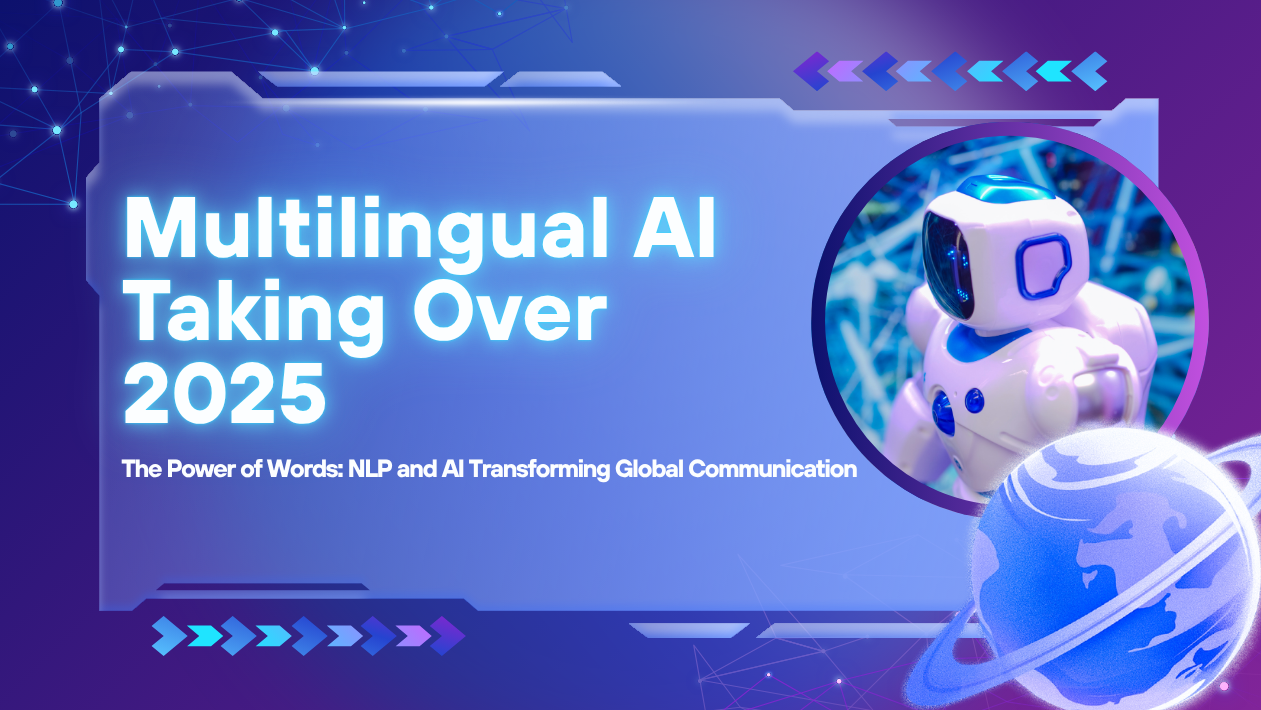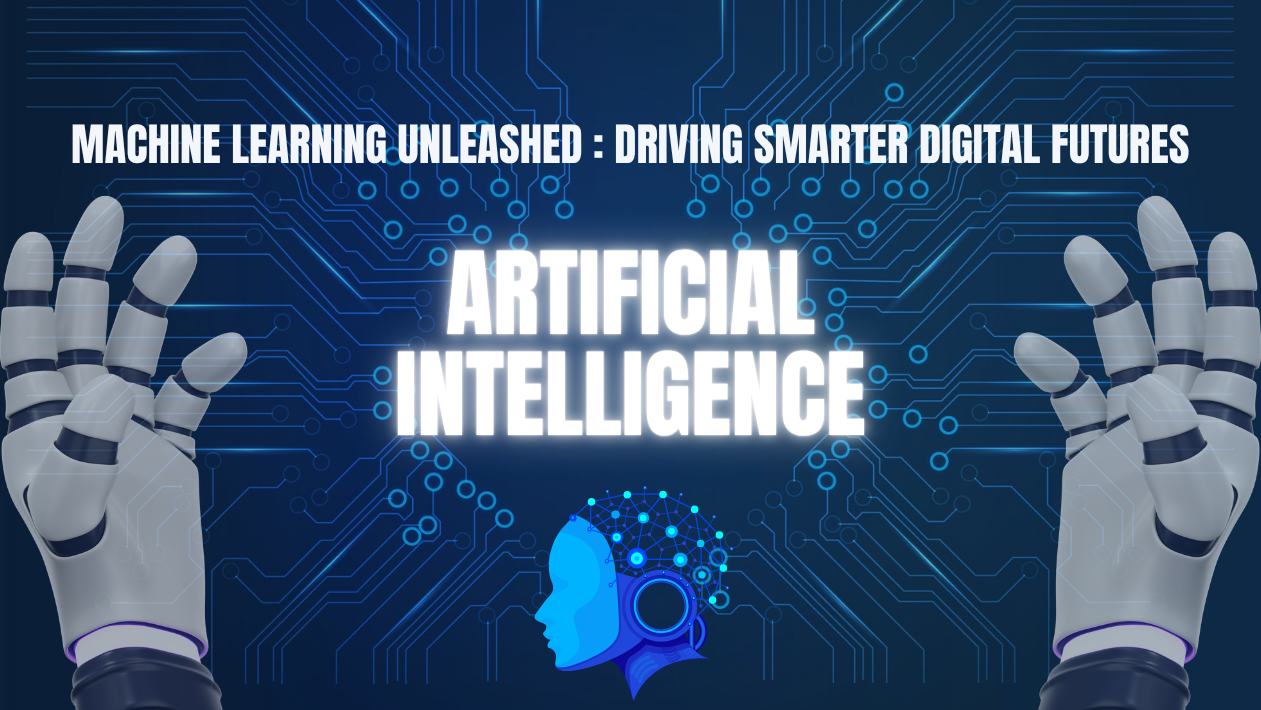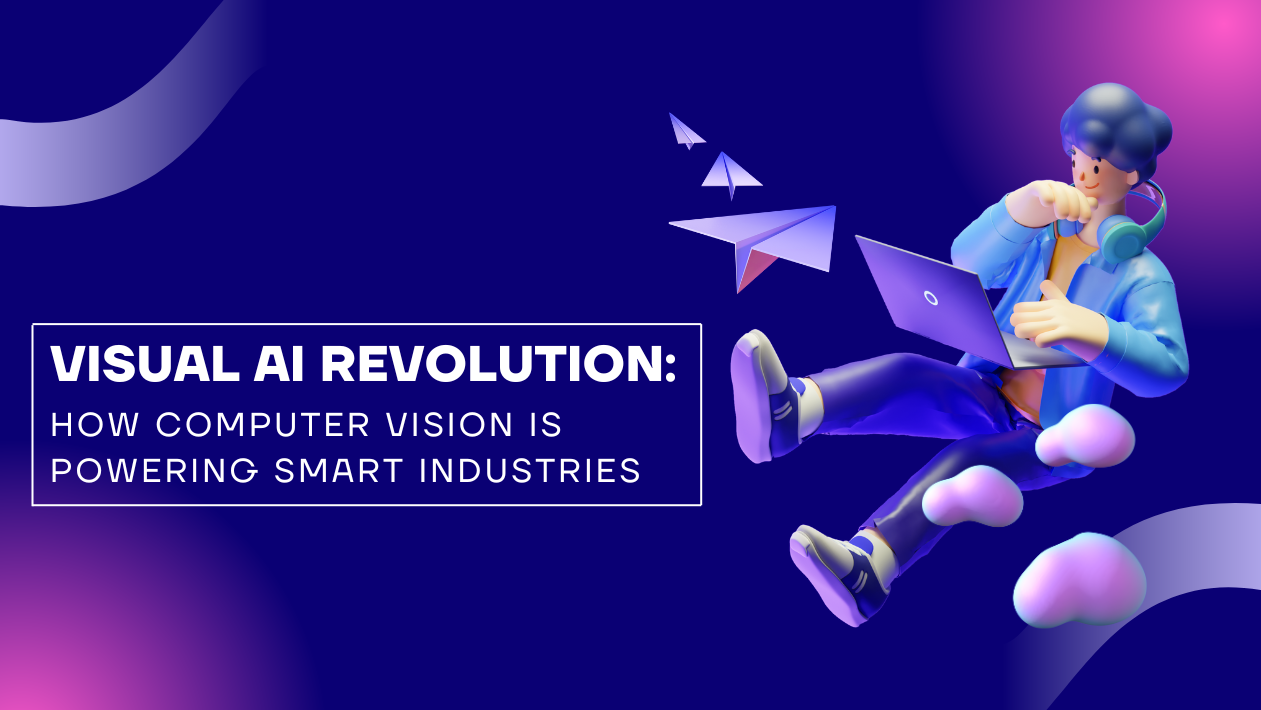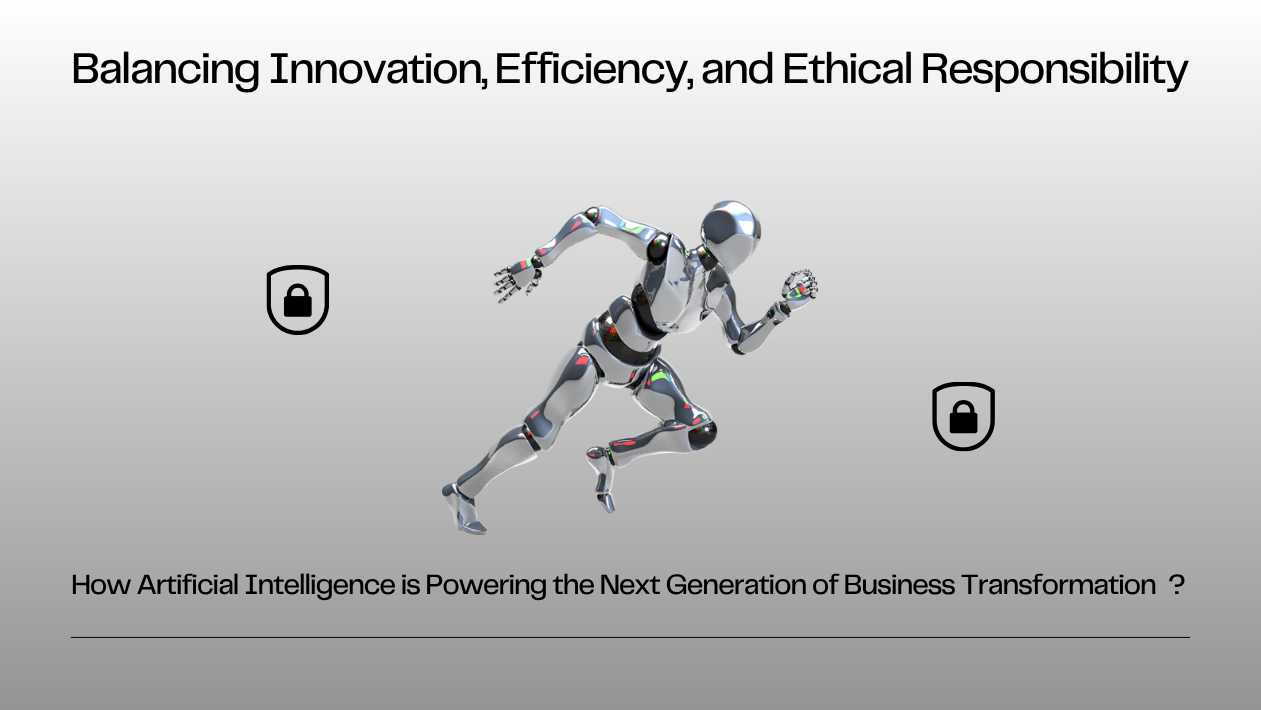Artificial Intelligence (AI) is no longer an experimental tool—it has become a strategic engine of growth for businesses in 2025. From automating workflows to predicting market trends and personalizing customer experiences, AI is transforming how companies operate, innovate, and compete in the global economy.
AI Adoption Reaches Record Levels
According to a 2025 Deloitte report, 84% of enterprises worldwide now integrate AI into at least one business function. While early adoption centered around chatbots and data analytics, today’s applications span supply chain optimization, financial forecasting, HR recruitment, and customer engagement.
Sectors like banking, healthcare, and retail are leading adoption, while small and medium-sized enterprises (SMEs) are increasingly using AI-as-a-Service platforms to stay competitive.
Intelligent Automation Reshapes Operations
AI-powered intelligent automation is reducing costs and increasing speed across industries. Tasks like invoice processing, loan approvals, contract reviews, and compliance monitoring are now handled in seconds—freeing human employees to focus on strategic work.
Platforms such as UiPath, Blue Prism, and Microsoft Power Automate are enabling companies to achieve 30–50% efficiency gains in back-office operations.
Customer Experience Becomes AI-Driven
Businesses are deploying AI-powered personalization engines to enhance customer engagement. Retailers are using recommendation algorithms to boost sales, banks are rolling out AI financial advisors, and hospitality brands are adopting chatbots that provide 24/7 concierge services.
The rise of voice assistants, virtual agents, and AI-powered marketing tools is setting new standards for customer expectations.
Predictive Insights for Smarter Decisions
AI’s predictive capabilities are becoming central to business strategy. From forecasting demand in supply chains to predicting customer churn in telecoms, companies now rely on AI models to make faster, data-driven decisions.
Some firms are even moving into prescriptive AI—systems that not only forecast outcomes but also recommend specific actions to maximize success.
Challenges: Ethics, Transparency, and Workforce Upskilling
With rapid adoption comes new challenges. Concerns around AI ethics, transparency, and bias are forcing businesses to adopt stronger governance frameworks. At the same time, there is a growing need for AI literacy and workforce upskilling, as employees adapt to AI-augmented roles.
Global regulators are also introducing AI compliance laws, requiring businesses to disclose how automated decisions are made.
The Road Ahead: AI as a Core Business Competency
AI is no longer a side project—it’s becoming a core competency for businesses across all sectors. Companies that embed AI into their strategies are expected to see higher profitability, stronger resilience, and improved customer loyalty in the years ahead.
As AI continues to evolve, the businesses of tomorrow will be leaner, smarter, and more adaptive, reshaping the competitive landscape.





